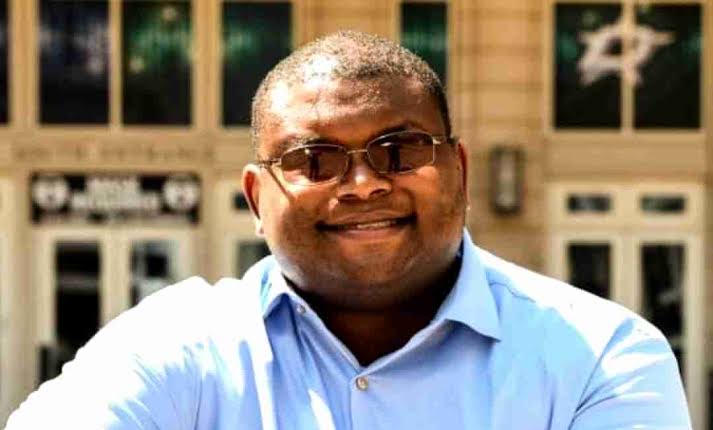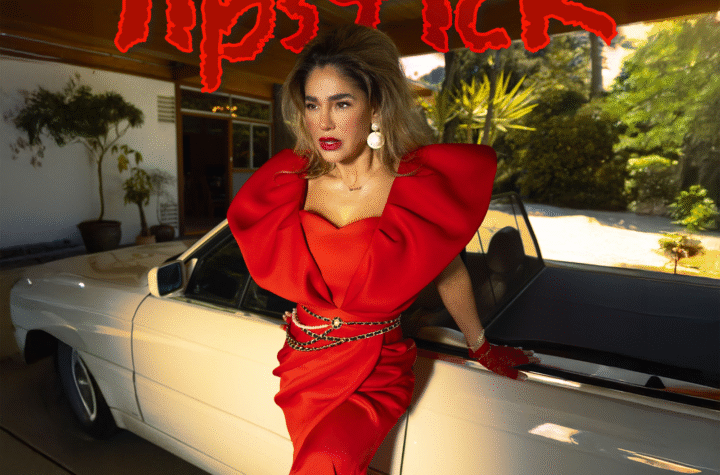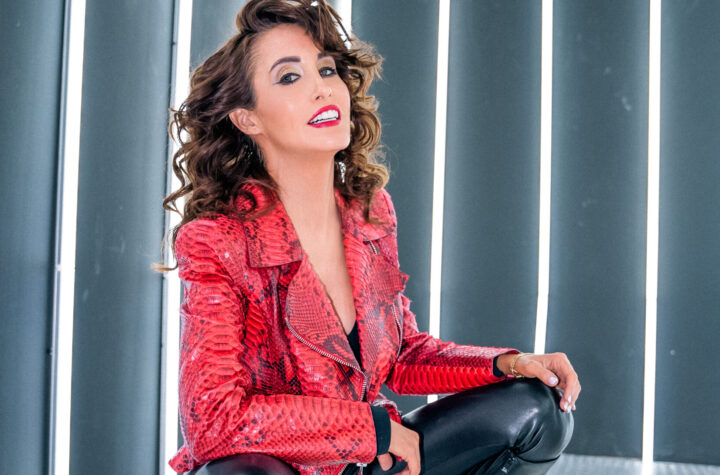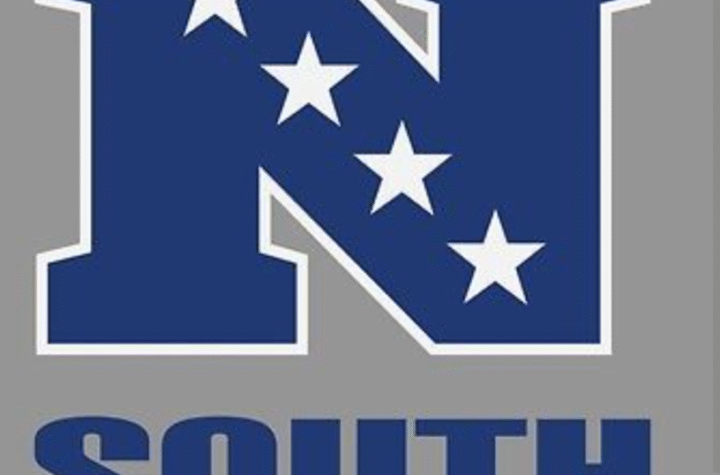
Thank you for joining us for PR Day! Could you tell us about your journey and what inspired you to pursue a career in sports PR?
My journey into sports PR stems from my background in entertainment PR. When I wasn’t working as a journalist, I leveraged my connections to pitch potential stories based on clients who approached me. Over time, I transitioned into sports PR, finding it a natural extension of my work in entertainment.
You’ve had the opportunity to work with various athletes and sports organizations. Can you share a few standout campaigns or projects from your career?
Two projects stand out to me. One was when my colleague Brandon ‘Scoop B’ Robinson received a tip about LeBron James potentially announcing his decision to leave Cleveland for a second time, tied to his involvement in Space Jam: A New Legacy. The plan was for LeBron to reveal he was joining the Lakers at the end of the trailer. I helped get the news out through a publication I was writing for at the time, and it generated a lot of attention. Another memorable project was advocating for Carmelo Anthony and Jamal Crawford to get opportunities in the NBA when they were free agents. They’ve both since retired, but it was rewarding to help keep their names in the conversation.
The sports PR landscape is constantly changing, especially with the rise of new media platforms. What skills do you think are crucial for publicists today, and how have you adapted to stay relevant?
Creating my own platform has been key. Whenever I need to release something, I can publish it directly to the world. Having my own website has helped keep my name relevant and in front of people in the industry.
Public relations in sports can be both challenging and exhilarating. What advice would you give to someone starting out in sports PR who wants to build a successful career?
My advice is to build your own platforms. Mainstream media is still important, but it shouldn’t be your primary focus for promoting news. If your content is engaging enough and reaches a wide audience, mainstream outlets will pick it up. Today, writers are often looking for quick, high-engagement stories, and a lot of what you see in the news is aggregated from other sources. So, having control over your narrative is key.
For those unfamiliar with sports PR, how would you describe the role of a publicist in this industry, and why is PR essential for athletes and sports organizations?
A publicist’s job is to generate exposure and maintain a positive public image for their clients, but it goes beyond that. Publicists are also crisis managers when negative publicity arises, and they serve as the main point of contact for media outlets looking to book interviews or appearances.
Are there any exciting trends or emerging strategies in sports PR that you’re enthusiastic about as you look toward the future? And where can readers connect with you on social media to stay updated on your latest work?
At the moment, I’ve stepped back from sports PR to focus on my work in journalism, but I’m always open to new opportunities if the right one comes along. As for connecting with me, you can find me at LandonBuford.com and @landonbuford on all social media platforms.





More Stories
Peech: Redefining The Sound Of A Generation
From Passion to Purpose: Liyia’s Journey as a Fearless Music Creator
Honoring PR Industry Leaders: Exclusive Interview with La’Torria Lemon, CEO of Lemon Lime Light Media